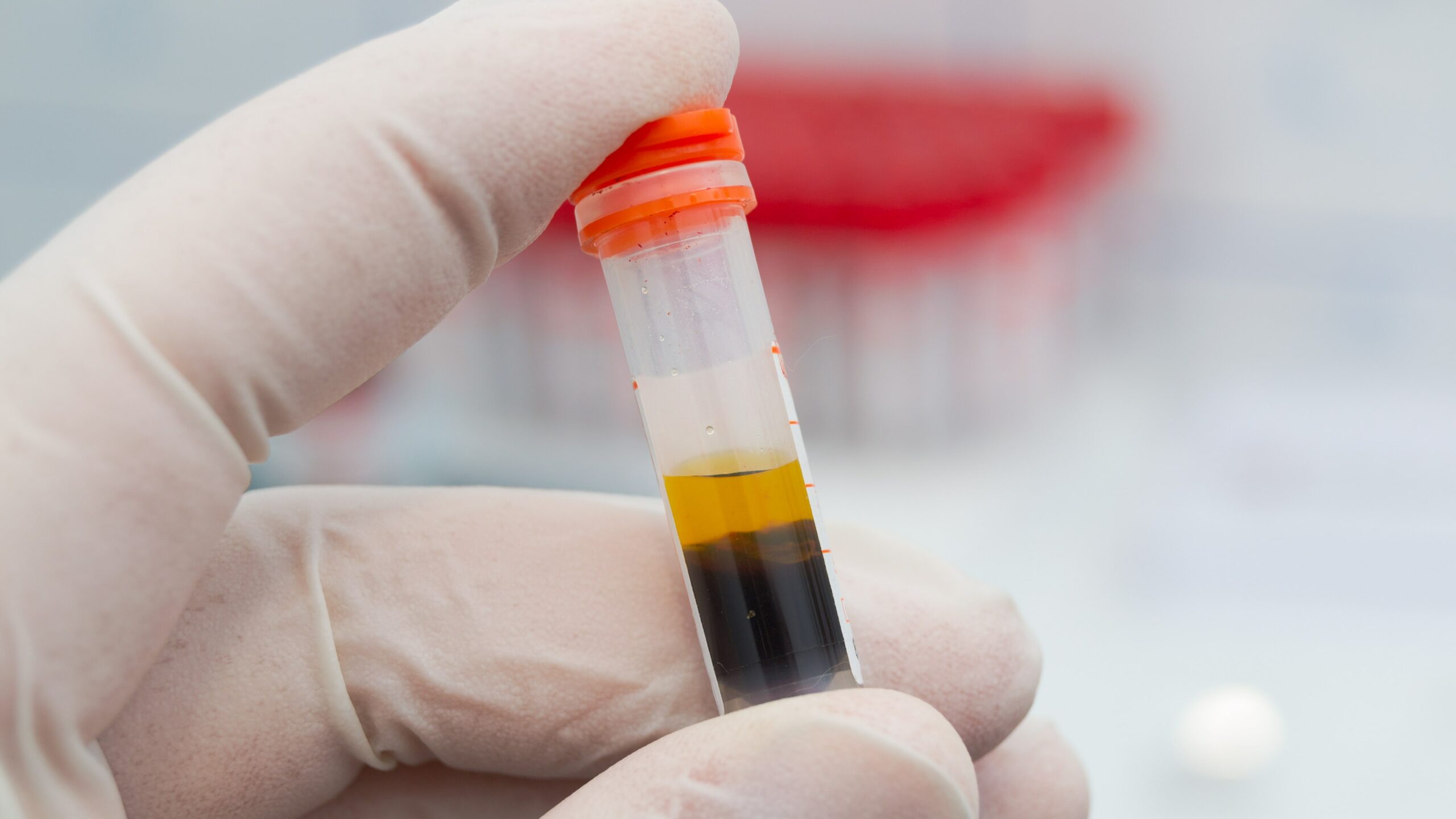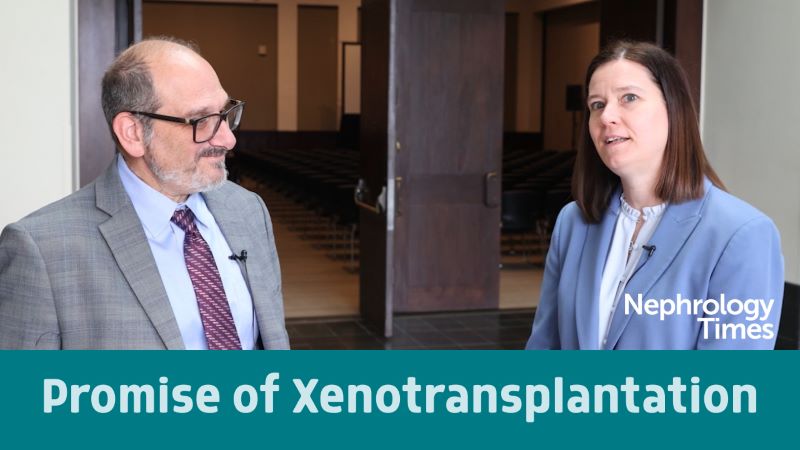
Children who undergo solid organ transplantation face improved survival, resulting in better understanding of the risk for developing other comorbidities. However, according to Sandeep Brar, MD, and colleagues there are few data on the long-term risk of cardiovascular events and mortality following pediatric solid organ transplantation.
The researchers reported results of a cohort study comparing cardiovascular events in 615 children with liver, lung, kidney, small bowel, or multiorgan transplant at the Hospital for Sick Children, Toronto, Canada, with 481,697 asthmatic children [Pediatric Nephrology; doi.org/10.1007/s00467-022-05635-w].
The study utilized administrative data to assess outcomes including nonfatal cardiovascular events, cardiovascular death, all-cause mortality, and a composite of nonfatal and fatal cardiovascular events. Analysis was conducted using time-stratified Cox proportional hazards models.
Of the 615 transplant recipients, 52% (n=317) received a kidney transplant and 41% (n=253) received a liver transplant. The remaining 7% (n=45) had lung, small bowel, or multiorgan transplants. Median follow-up was 12.1 years.
Nonfatal incident cardiovascular events were 34 times higher among recipients of solid organ transplants compared with the control cohort (incidence rate ratio, 34.4; 95% CI, 25.5-46.4). Among the transplanted cohort, the cumulative incidence of nonfatal and fatal cardiovascular events at 5 and 15 years after transplantation was 2.3% and 13.0%, respectively.
“Increased rate of cardiovascular events in children after transplantation highlights the need for surveillance during transition into adulthood and beyond,” the authors said.






 © 2025 Mashup Media, LLC, a Formedics Property. All Rights Reserved.
© 2025 Mashup Media, LLC, a Formedics Property. All Rights Reserved.